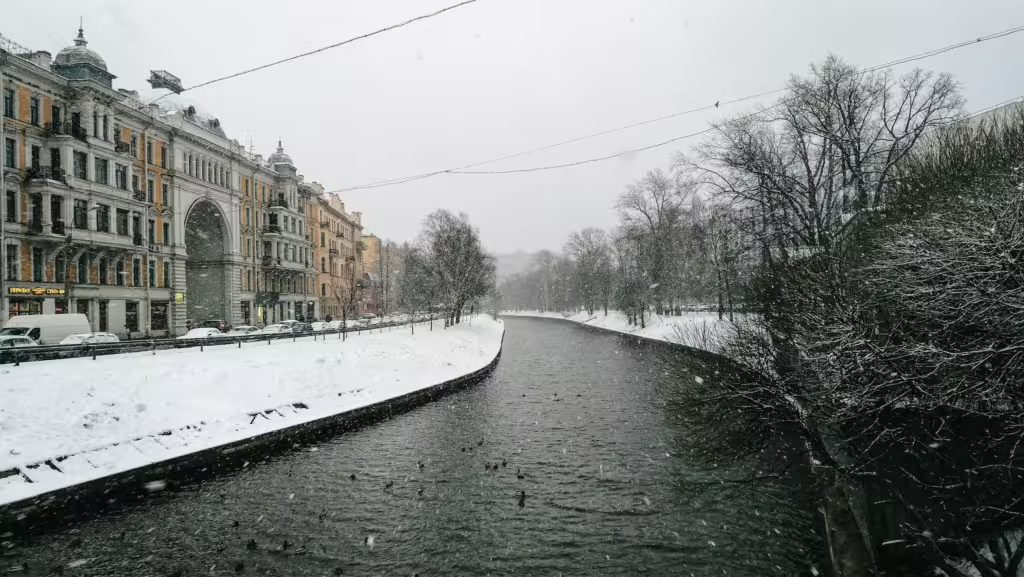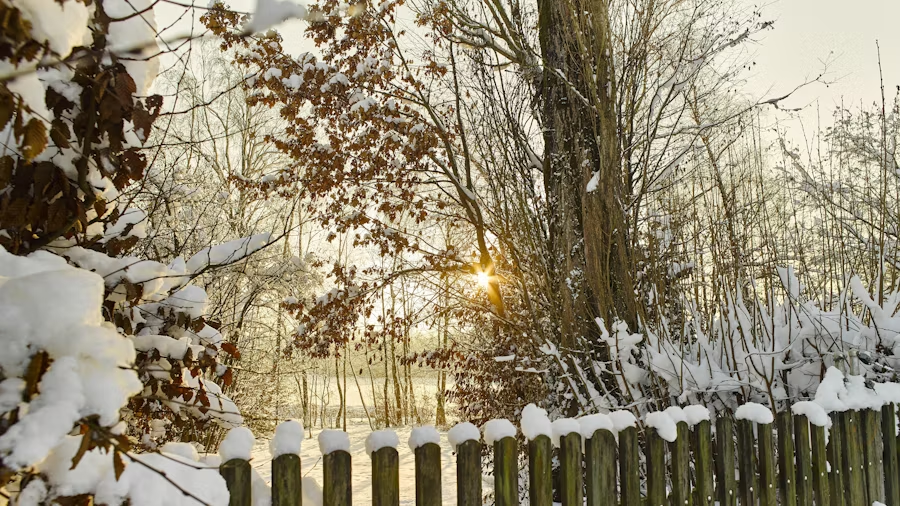Since scientific proof has nowadays ditched boring old-fashioned tools like physical theories and real-world data for computer models and colourful cartoons, we have all been treated to learned explanations about how global warming is making the polar vortex wavier, thereby accounting for all this cold weather over North America. Thus Tony Heller unearthed a 2014 video from Obama’s science advisor John Holdren explaining the sciency science behind this sublime hypothesis. The big problem, as Heller points out, is that back in the 1970s experts were blaming the wavy polar vortex on global cooling which, awkwardly, one John Holdren in turn blamed on burning fossil fuels. And the bigger problem, as explained by meteorologist Ryan Maue, is that in the boring old-fashioned world of actual science there is no good evidence connecting climate change to a wavy polar vortex one way or the other.

Here is one of the articles from the 1970s which Heller found that explains, again using the proof-by-cartoon method, why global cooling means a wavier polar vortex.

But as Maue points out, in what remains of the world where scientists ignore politics and focus on trying to figure out how the world works, the message is that there doesn’t appear to be any trend in polar vortex events nor is there any known connection to climate change, at least in climate models. According to a 2021 article in Science magazine:
“Every time severe winter weather strikes the United States or Europe, reporters are fond of saying that global warming may be to blame. The paradox goes like this: As Arctic sea ice melts and the polar atmosphere warms, the swirling winds that confine cold Arctic air weaken, letting it spill farther south. But this idea, popularized a decade ago, has long faced skepticism from many atmospheric scientists, who found the proposed linkage unconvincing and saw little evidence of it in simulations of the climate.”
Perhaps modern zealots don’t consider “atmospheric scientists” to be “climate scientists”, at least not if they don’t hold approved views. But Maue also points to a 2023 paper showing that despite Arctic warming in recent decades, there has been no trend in winter cold extremes in North America, Northern Europe or Northern Asia.
So the record-busting cold over North America is not proof of global warming, nor in fairness is it proof against global warming. It’s merely a reminder that the climate system is complex and that scientific theories need to be tested against data, by making predictions before seeing the data, instead of being conjured up only after something happens to create the illusion that we have all the answers.



Dr. Roy Spencer: Climate science isn't rocket science. It's actually much more difficult.